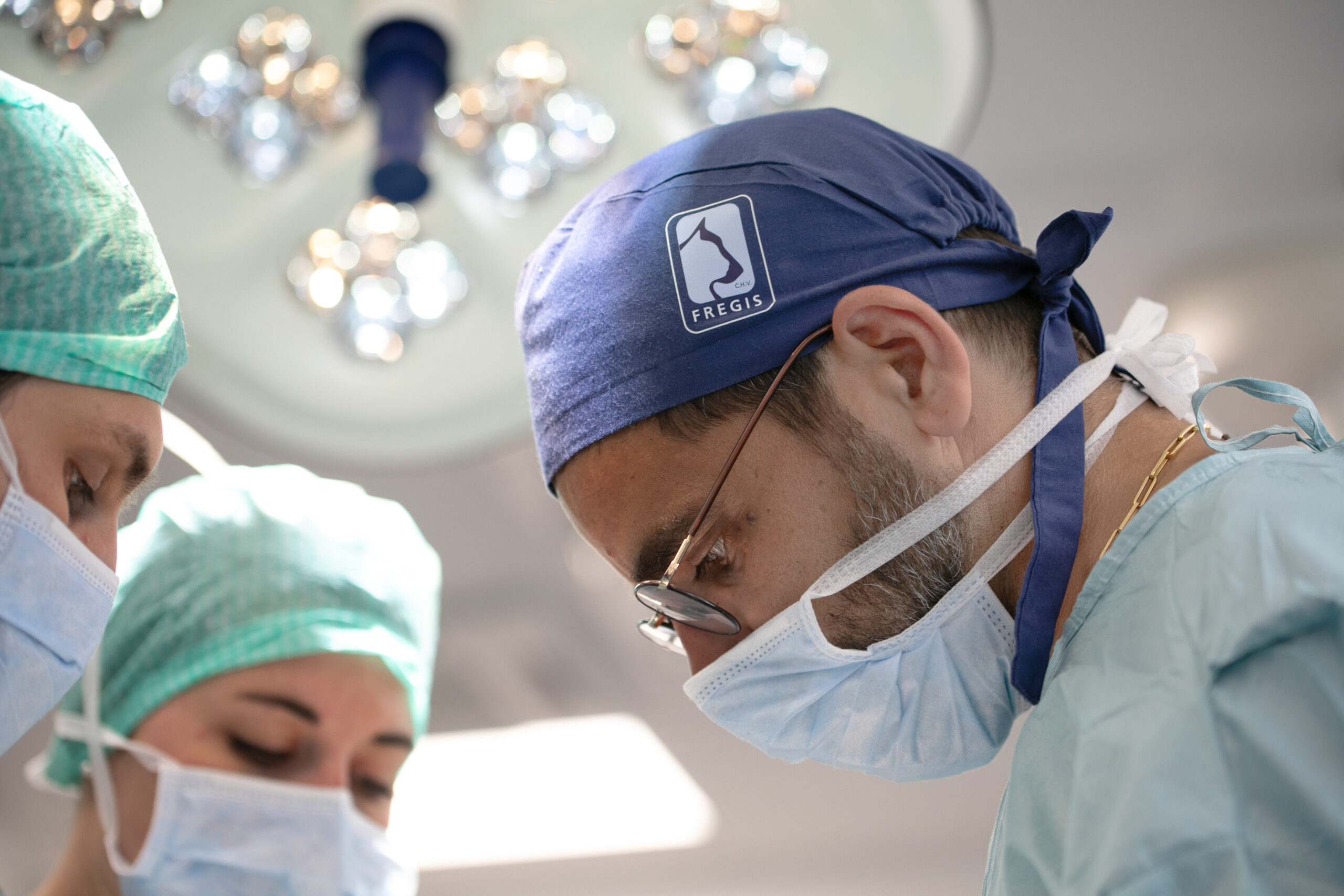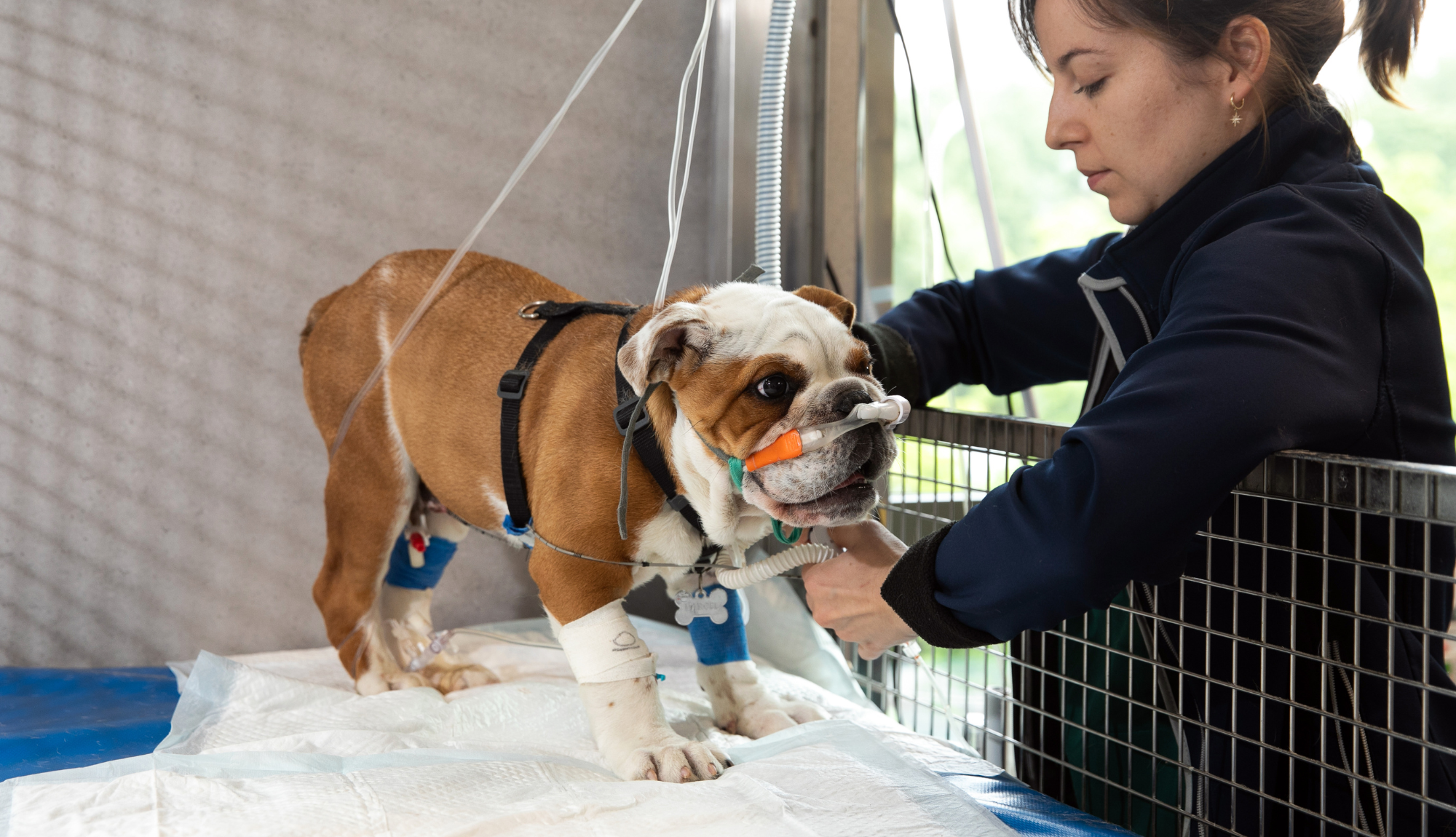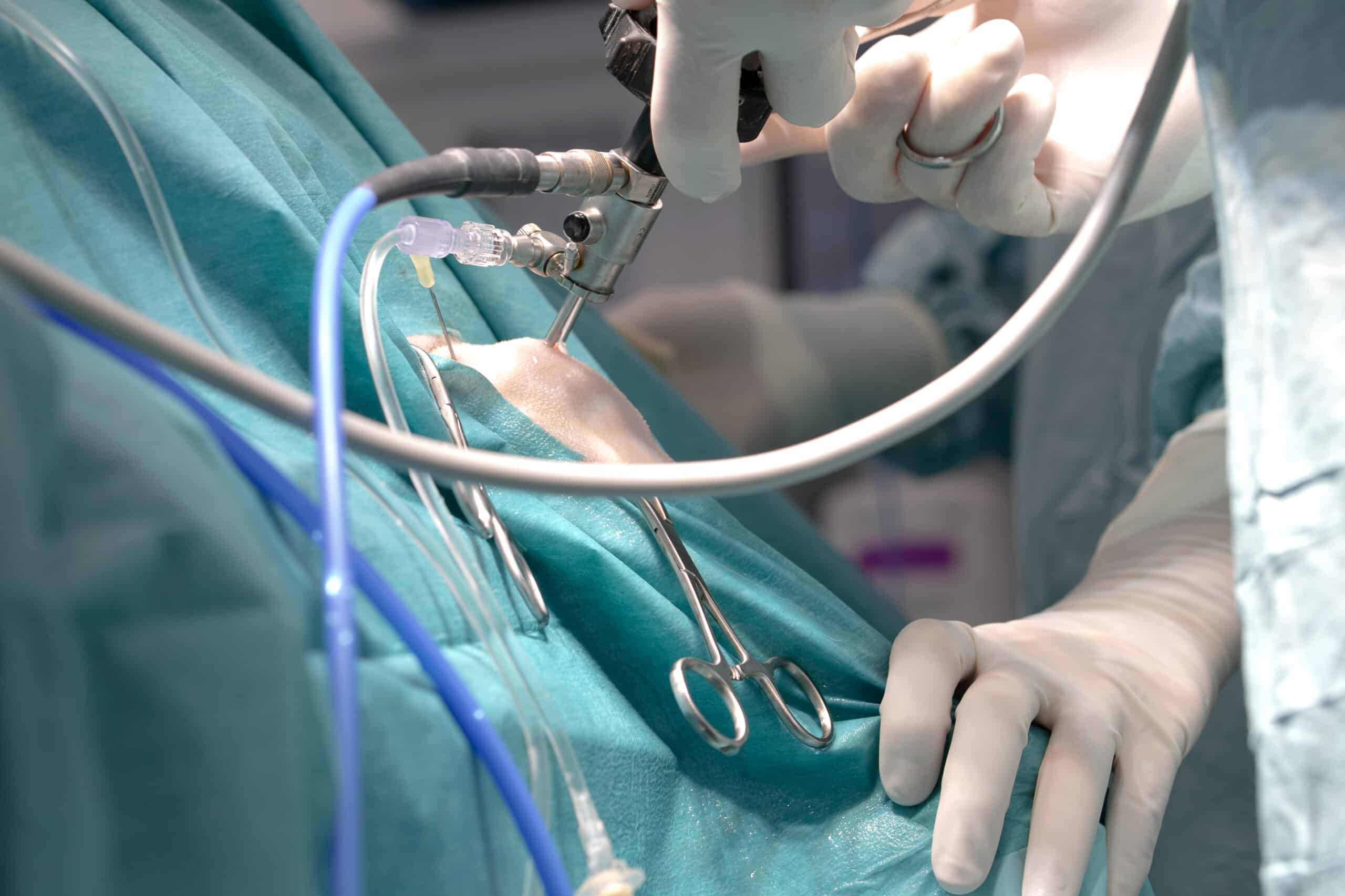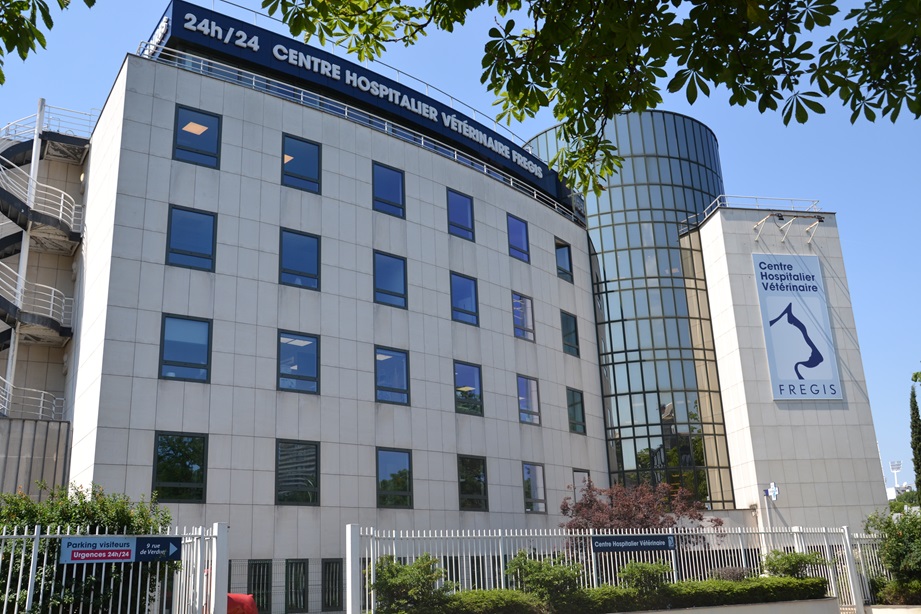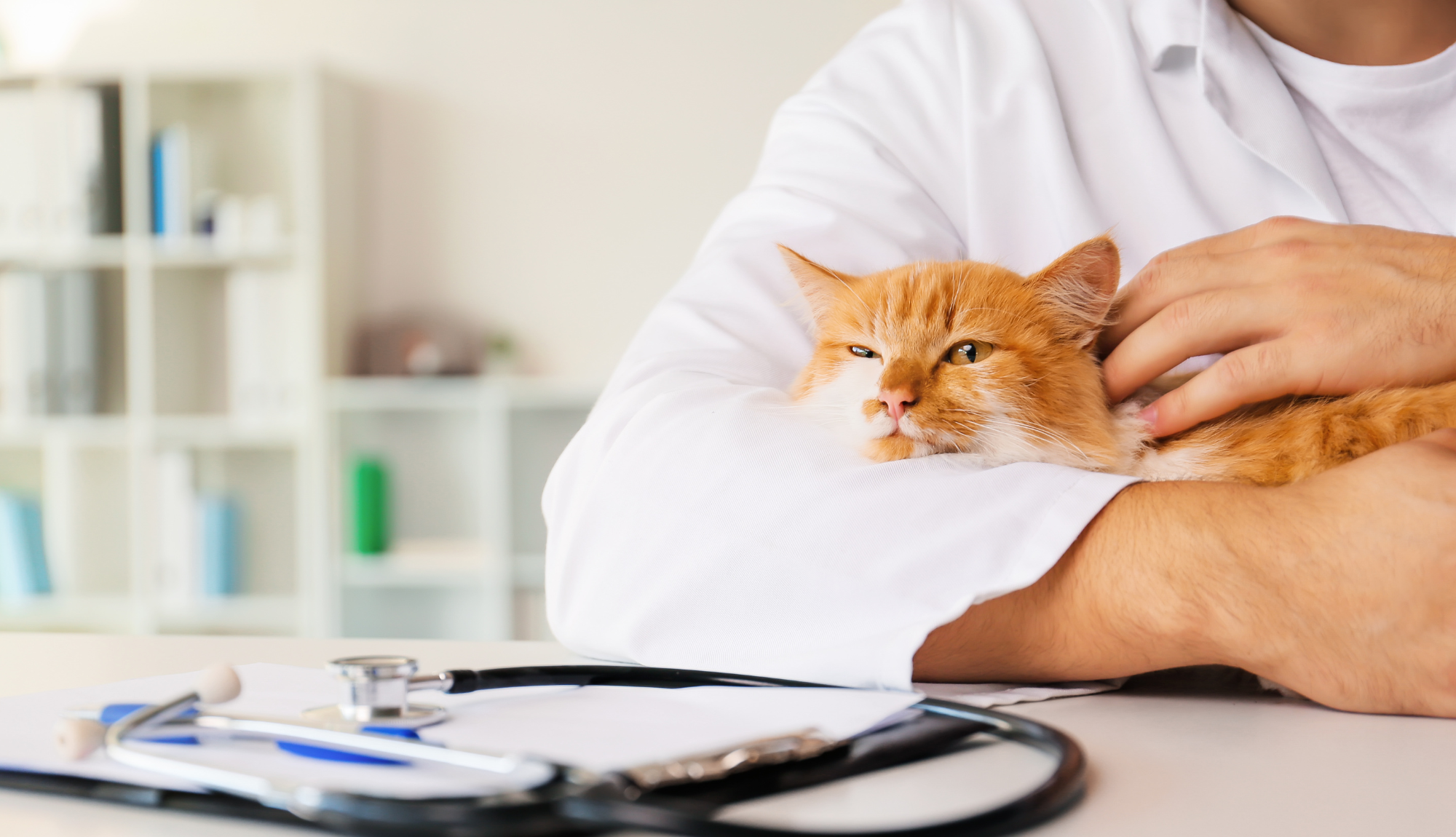
History
From 1836 to the current Fregis Veterinary Hospital.
Camille Leblanc, son of a renowned teacher of the Veterinary School of Alfort, founded a Veterinary Hospital for companion animals in 1836. It was installed in Montmartre, Paris surrounded by vineyards and market gardens. Collaboration began with Louis Pasteur, who spoke glowingly of Leblanc (based on a report of the Academy Science of March 1, 1886).
In 1882, Gustave Eugène Frégis took over from Leblanc and continued collaboration with Pasteur, mostly on Pasteur’s work on rabies. Dr Lamouroux, collaborator and successor to Dr Frégis, continued to develop small animal medicine during the two wars. His son, Jean Lamouroux, a veterinarian as well, succeeded him until 1979 at the same location in Paris.
It was at this moment that Frégis Hospital developed veterinary emergency medicine and specialized consultations, gradually forming a top team that maintained the objectives of its past. In Paris, the Hospital Frégis is a model whose fame transcends borders: in London to take care of dogs of the Kennel Club, in Belgium to bring back serum for distemper dogs, or treating dogs from the Tsar of Russia. Enjoying also the respect of his colleagues, Dr Lamouroux became President of the Society of Veterinary Practice in France.
The creation of the Centre Hospitalier Vétérinaire Frégis (Veterinary Hospital and Speciality Center of Frégis) started progressively from 1980. Dr. Corlouer Frégis joined when the clinic aimed to develop emergency, internal medicine and surgery specialty services. After 160 years of loyal service in Montmartre, the need for a larger? clinic led to a move to the Porte d’Orléans, in the south of downtown Paris.
Many veterinarians who spent years in Frégis are now wellknown faculty across the world. Dr. Olivry left the structure in 1992 and is currently head of the Dermatology service at the University of North Carolina in the United States. Dr Dupré is now head of the Surgery Service of the University of Vienna. Dr Bouvy is now a faculty in Liege, Belgium.
The team is now composed of almost 40 veterinarians, with about half of them being specialists, and a quarter of them having practiced or trained in North America or England.
